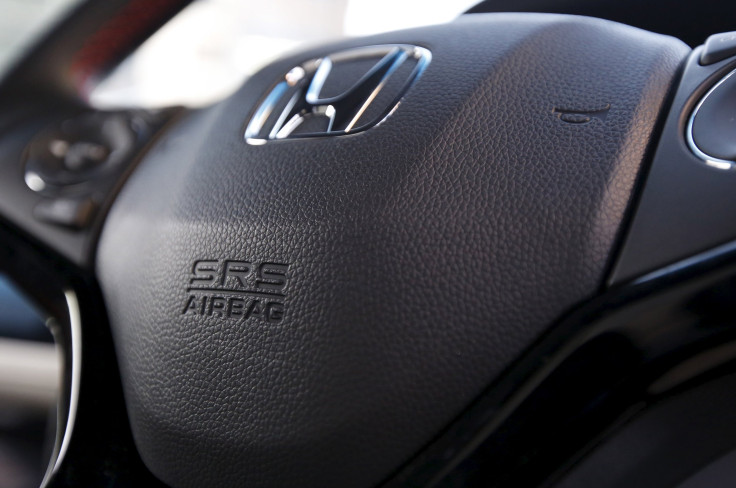Faulty Air Bags: Continental Automotive Wants 5M Vehicles Recalled To Replace Control Units

Five million vehicles of various manufacturers need to be recalled to replace their air bag control units, component supplier Continental Automotive Systems (Continental) said in a filing with the U.S. National Highway Traffic Safety Administration (NHTSA).
The supplier of brake and electronics components to the automotive industry is a division of Germany’s Continental AG. Affected vehicles include those made by Chrysler, Honda, Kia, Mazda, Mercedes-Benz, Volvo and Volkswagen.
According to Continental’s filing with NHTSA, the power supply component of the air bag control units may corrode and lead to malfunction, causing “certain components to deactivate, which will then cause the airbag warning lamp to illuminate. If the system is not replaced, all restraint systems, including the airbags may not deploy in a crash, which could increase the risk of serious injury or death.”
The filing also mentioned an additional risk in vehicles manufactured by Daimler AG and Chrysler, saying there was “a risk of an inadvertent deployment of the airbags if the ACU [air bag control unit] malfunctions, which could increase the risk of a crash and/or injuries.”
After receiving a notification from Continental, Chrysler told NHTSA that 112,001 of its vehicles were potentially involved. According to its filing, Dodge Journey, Dodge Grand Caravan, Chrysler Town and Country, and Volkswagen Routan — which Chrysler manufactured — were the affected vehicles.
Honda informed the NHTSA in its filing that 341,444 vehicles of its Accord sedan were potentially affected. The company had recently announced the recall of more than 2.2 million vehicles in the U.S. for faulty air bags by another supplier, Takata.
Of the five million vehicles potentially affected worldwide, less than two million are in the United States, according to a Continental spokeswoman, the Wall Street Journal reported. The whereabouts of the remaining three million or so vehicles were not known.
Another filing on the NHTSA website showed that Continental had been aware of the problem since early 2008. The faulty units were manufactured between 2006 and 2010.
© Copyright IBTimes 2024. All rights reserved.











